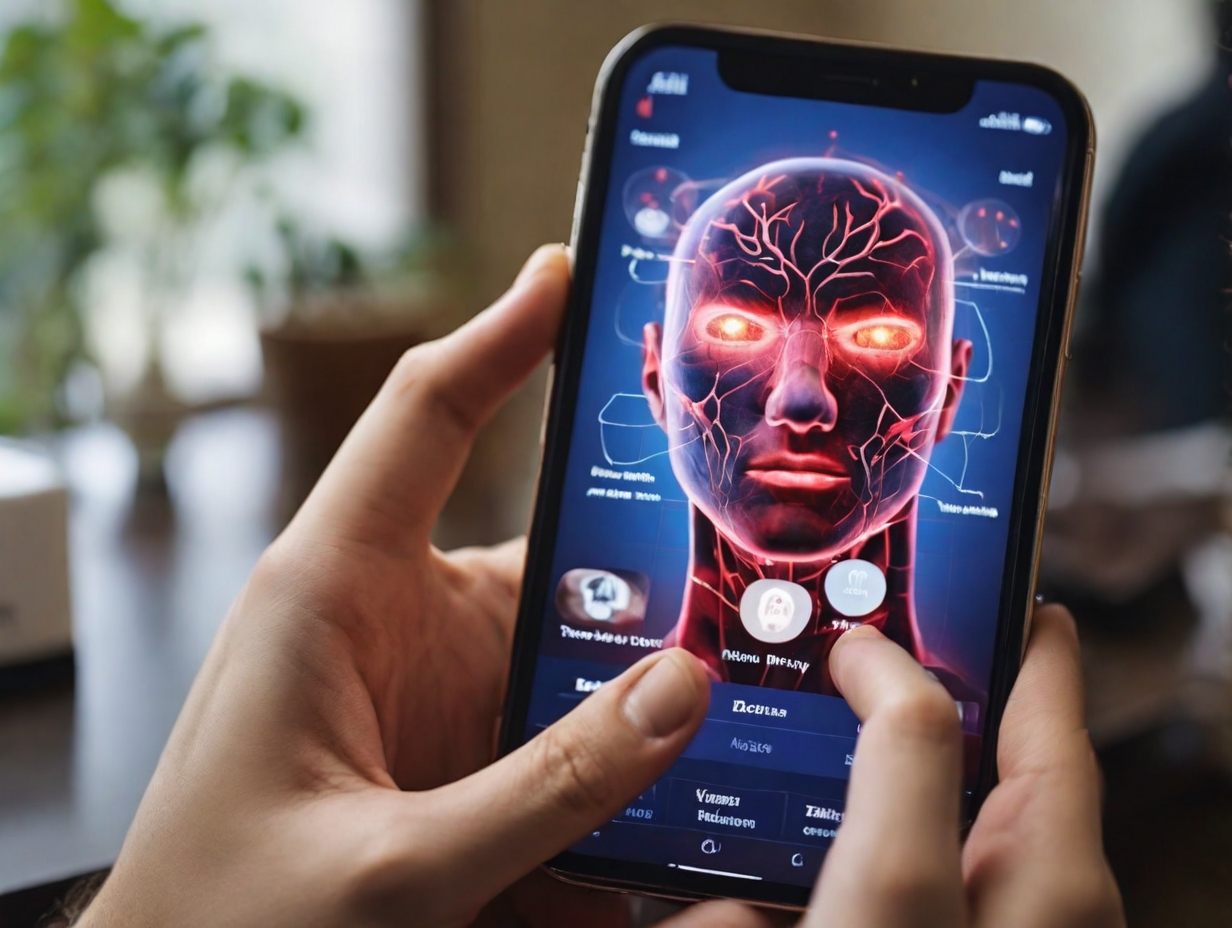A recent study published in JAMA Dermatology sheds light on the potential risks associated with artificial intelligence (AI) dermatology mobile applications (apps), emphasizing concerns regarding their validation, transparency, and user communication. The study, conducted by researchers aiming to assess the landscape of AI dermatology apps available in major app stores, reveals a lack of consistent validation, regulatory approval, and clinician involvement in the development process.
Inconsistent performance and lack of regulation
Researchers conducted a comprehensive review of publicly available dermatology-related mobile apps with AI features, using terms such as “dermatology,” “derm,” and “skin” in both Apple and Android app stores. Out of 909 initially identified apps, only 41 met the inclusion criteria for in-depth analysis after eliminating duplicates and non-eligible applications.
The study highlights that no identified apps have gained approval from regulatory bodies like the FDA despite their claims to assist with skin conditions. This lack of regulation and inconsistent performance among the apps raises concerns about the reliability and safety of using these tools for medical purposes.
Transparency and privacy issues
One of the key findings of the study is the lack of transparency surrounding the effectiveness of AI models; the datasets used for development, and the handling of user-submitted images. A significant portion of the apps reviewed did not provide information on training and testing datasets, algorithm details, or the involvement of clinicians, particularly dermatologists, in the development process.
Moreover, many apps failed to disclose how user-submitted images would be used, raising concerns about privacy and the potential to misuse sensitive medical data. Only a fraction of the apps indicated that they do not store user images. In contrast, others admitted storing them on secure cloud servers without explaining usage or data protection measures.
Implications and future research
The researchers underscored the need for further investigation into the clinical efficacy and safety of AI dermatology apps and the establishment of clear regulatory guidelines to ensure patient safety and data privacy. They also acknowledged the limitations of their study, particularly regarding the regional availability of apps in app stores, which may have resulted in the omission of international apps from their analysis.





